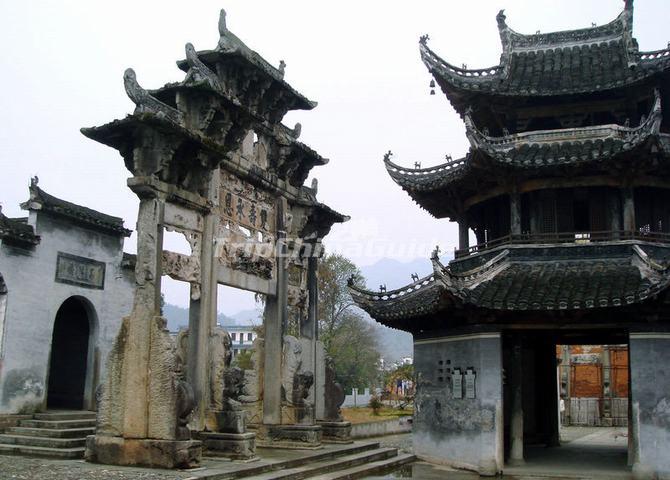How to understand modern China
Ari emails me:
On a completely different note, if I want to understand modern China what books, articles, etc. should I be reading? Do I start with a textbook? Historical scholarship? Fiction? Is Wikipedia the way to go?
Start by asking someone who understands modern China is my first response! But since you have failed that test, here are a few pointers:
1. Unless your mental architecture is very different from mine, books about sequences of dynasties are mind-numbing and not readily absorbed. So you first need some context to fit those pieces into.
2. Here is a wonderful syllabus on Chinese economic history, by Dr. Melanie Meng Xue. Read it all. I don’t find most books on China to be very useful. They may be full of true claims, but the frequency of repetition, across books, tends to be very high.
3. Set up a Twitter/RSS feed to follow China today. Here are seven excellent sources, more are listed at the end. Set up a separate Twitter account to follow people who cover China, they are more interesting than those who write on U.S. domestic politics. After all, this is mankind’s greatest story of the current day.
4. Find an “entry point” into China of independent intrinsic interest to you, be it basketball, artificial intelligence, Chinese opera, whatever. Follow that area, and don’t bother trying to generalize. Just have fun.
5. Subscribe to the email newsletter of Bill Bishop.
6. Alternate your interest between stories that make China seem quite normal and stories that imply China is pretty weird. But what is the right balance of those? Nobody knows! Experiment, realizing you don’t have a useful feedback mechanism. Here are a few China stories I have sampled recently:
The Chinese don’t want us to call it tofu any more.
Beijingers read on average an hour a day.
Chinese man repaints road markings to make his commute quicker.
P.F. Chang to open in Shanghai. But marketed as an American bistro.
Xi Jinping presses military overhaul, and two generals disappear (NYT), an underreported series of stories, try this one too.
7. Travel to every part of China. The country has the best food in the world (tied with India), is quite safe, has navigable infrastructure, and you can cross much of the country in a day by high-speed rail. Outside of Beijing and Shanghai, you might find five-star hotels for less than $100 a night. Go pre-equipped with multiple VPNs, and figure out the English-Chinese translation programs on your smart phone. They come in handy and many Chinese are already quite familiar with them. Learn some street signs, with quizzes.
8. Now go back and study all those dynasties.
